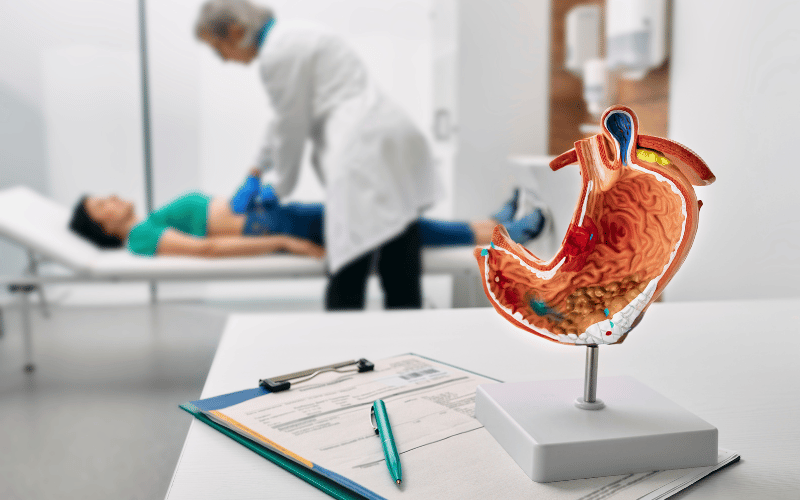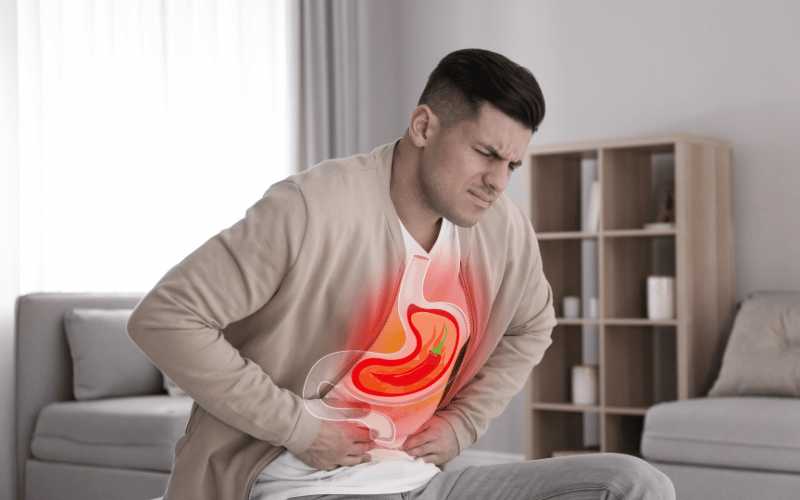Introduction: The Significance of Gastric Ulcers in Modern Health

In recent years, health experts have continually emphasized the importance of gut health, and for a good reason. Our stomach, as a central component of this system, plays a critical role in our overall well-being. Among the myriad of stomach-related ailments, gastric ulcers, often simply called stomach ulcers, emerge as a particularly significant concern. Their presence speaks volumes, not just about the current state of our stomach but possibly the broader health scenario we might be dealing with.
But what exactly is a gastric ulcer? Imagine a small, painful sore developing right within your stomach lining. This sore doesn’t appear out of the blue. It’s the result of the stomach acid causing damage to the lining. The immediate thought might be to blame it on excessively spicy food or perhaps those late-night indulgences. However, as we’ll discover, the causes are more intricate, and some of them might even be lurking silently in our systems.
Moreover, while stomach pain might be a universal complaint, all stomach aches are not due to ulcers. The symptoms of gastric ulcers are distinct, and understanding them can be the difference between timely intervention and prolonged suffering. In fact, without proper knowledge and timely care, these ulcers can lead to complications that go way beyond the stomach.
As we embark on this journey to uncover the ten vital facts about gastric ulcers, it’s not just about understanding a medical condition. It’s about connecting the dots of our health, recognizing the signs our body is giving us, and making informed choices that lead to a healthier, happier life.
Fact 1: Definition and Causes of Gastric Ulcer

At its core, a gastric ulcer is a sore, a small lesion that forms on the stomach’s delicate lining. Think of it as a breakdown, where the stomach’s protective layers are eroded, leading to raw, painful patches.
Now, what causes this breakdown? The majority of cases point fingers at a sneaky bacterium named Helicobacter pylori or H. pylori. Residing in the stomach, this microorganism can disrupt the stomach’s natural defense mechanisms. When these defenses wane, the strong stomach acid, which usually aids digestion, turns destructive, injuring the stomach lining.
Beyond bacteria, our choices can be consequential. Frequent consumption of certain pain relievers, specifically non-steroidal anti-inflammatory drugs (NSAIDs), can up the ante. Regular doses of aspirin or ibuprofen can upset the stomach lining’s balance, making it more susceptible to acid damage.
Dietary and lifestyle factors can’t be dismissed either. Downing alcohol in excess or constantly reaching for spicy, rich foods can irritate the stomach, making existing ulcers worse or setting the stage for new ones. Smoking, too, can exacerbate ulcer risks, complicating the healing process.(1)